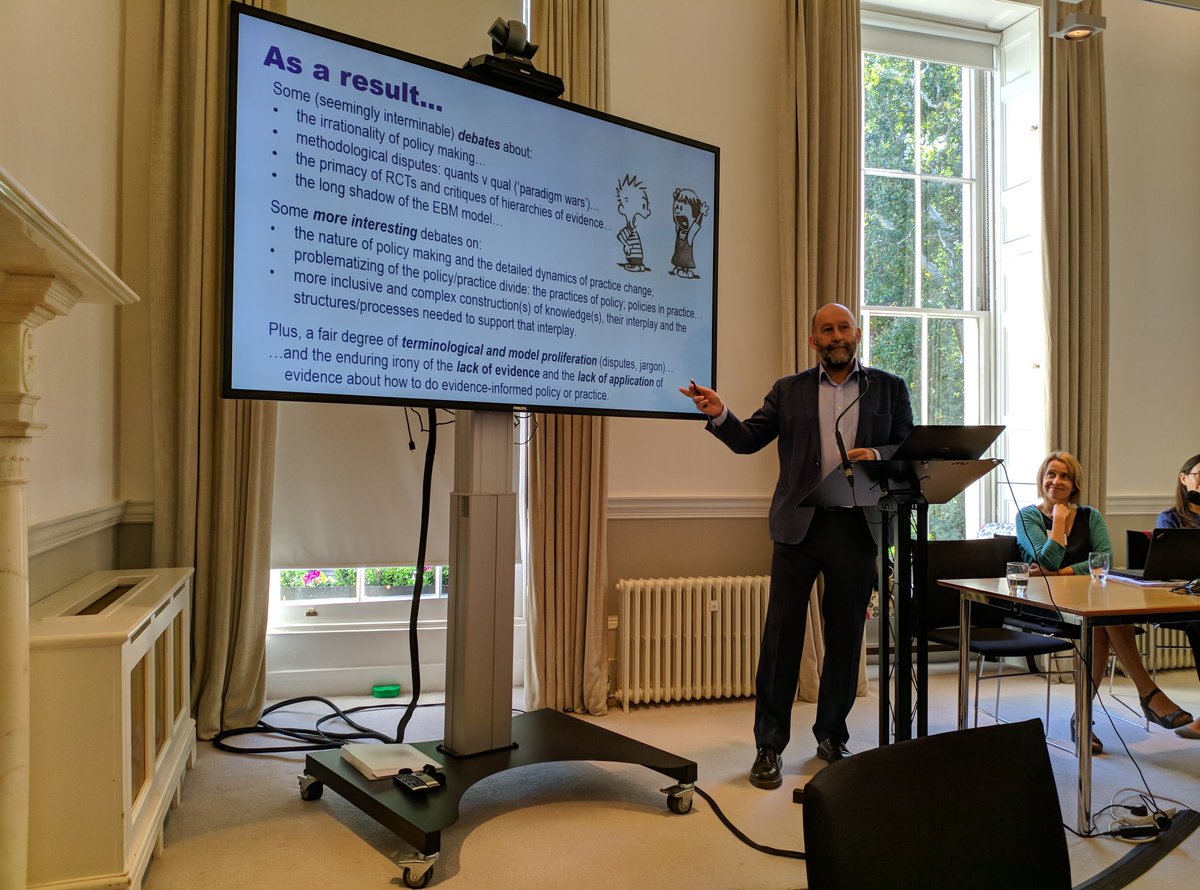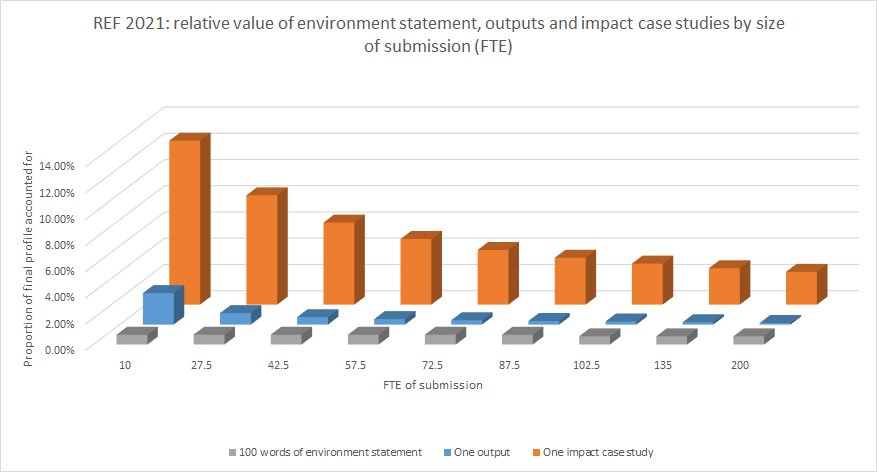
Director of Research, @THIS_Institute, @Cambridge_Uni. Trustee, @NuffieldTrust. Tweeting in a personal capacity.
How to get URL link on X (Twitter) App


https://twitter.com/britsoci/status/1298972403658354688Mask policies have rapidly expanded in the UK & elsewhere. Wearing a mask is seen as the right thing to do. Opposition to mask wearing is portrayed as irrational, reactionary, anti-scientific posturing: see this New Statesman piece, for example. (2/5) newstatesman.com/politics/uk/20…

https://twitter.com/drg1985/status/1273542955144548352I've also seen people getting bashed on the basis of ‘this -ology has nothing to say about that -ology’, which is a pretty lazy way of invalidating opposing views. It also doesn’t really do justice to science as an interdisciplinary/collaborative effort. (2/4)
https://twitter.com/alswanson/status/1246466868011032577
https://twitter.com/yaneerbaryam/status/1239936951823843328The original government policy was based on the premise that it couldn’t, and therefore it wasn’t worth doing at all – because short-term lockdown measures would delay or even sharpen (rather than flatten) the peak of cases, meaning health system overwhelm later on. (2/9)


 .@PhilipBritteon puts flesh on the concept in relation to best practice tariffs for day surgery - do improvements spread to non-incentivised procedures, or so clinicians/organisations focus their efforts away from these areas? #hsruk19
.@PhilipBritteon puts flesh on the concept in relation to best practice tariffs for day surgery - do improvements spread to non-incentivised procedures, or so clinicians/organisations focus their efforts away from these areas? #hsruk19 
https://twitter.com/IainMoppett/status/11452877571216916482. Accordingly, read the paper thoroughly, and do what you can to understand it. Sometimes you won’t, either because of faults in the paper, or limitations of your own knowledge. That’s OK, and it’s legitimate to say this. (2/9)

https://twitter.com/LLocock/status/1136742236992020484(ii) Technological development (typewriter then photocopier!) was crucial in making it possible
https://twitter.com/MShepheard/status/1112849078071775234But the same could be said of Theresa May’s plan, which has moved closer to a majority with each successive Meaningful [sic] Vote.

 First, @VivianT88 asks: how (if at all) would a normative model of good research use look different from a model of good policymaking or good decision-making?
First, @VivianT88 asks: how (if at all) would a normative model of good research use look different from a model of good policymaking or good decision-making?
 Suella Braverman on her resignation in the ST. Brexit negotiated by small-c conservative civil servants exceeding their mandate without political accountability. Fine, but feels like a bit of a dereliction on the part of DeExEU ministers, dare I suggest? (2/12)
Suella Braverman on her resignation in the ST. Brexit negotiated by small-c conservative civil servants exceeding their mandate without political accountability. Fine, but feels like a bit of a dereliction on the part of DeExEU ministers, dare I suggest? (2/12) 

 Huw Davies tracks the history of evidence-informed policy in the UK from 'what counts is what works' forward. A field that has initiated interesting debate, but (ironically) tended through time towards introspection? #transformure
Huw Davies tracks the history of evidence-informed policy in the UK from 'what counts is what works' forward. A field that has initiated interesting debate, but (ironically) tended through time towards introspection? #transformure 

 The headline: with the move to 25% of profiles being determined by impact (plus the impact statement being incorporated into the environment statement), one impact case study is now worth between five and 21 times one output (for FTEs of 10 and 200 respectively). #ref2021 [2/2]
The headline: with the move to 25% of profiles being determined by impact (plus the impact statement being incorporated into the environment statement), one impact case study is now worth between five and 21 times one output (for FTEs of 10 and 200 respectively). #ref2021 [2/2] 

https://twitter.com/JosephineCumbo/status/975272843503198209Lots of fawning about how @UniversitiesUK has listened and taken account of shifting views of its members. Nothing on the flawed (stacked?) survey methodology that gave rise to its position in the first place. [2/4]

https://twitter.com/LLocock/status/973503674730328064I am not convinced that the Pensions Regulator will see members’ rejection of a @ucu-negotiated deal as progress towards agreement—and then the default option becomes imposition of the earlier deal, which is clearly far worse than what’s on the table now. [2/4]